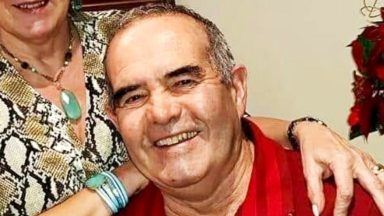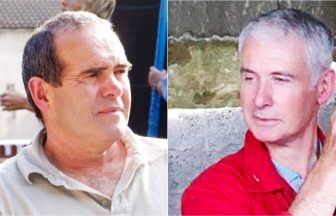An NHS board has been ordered to apologise after a patient died after being discharged “too soon” despite developing pancreatitis.
The Scottish Public Services Ombudsman (SPSO) instructed NHS Tayside to apologise to the child of a patient, referred to as C to protect their anonymity.
C complained about the treatment that their parent, referred to as A, had received after being admitted to hospital with an infection of the gallbladder.
After initial diagnosis, an MRCP – MRI of the gallbladder – was ordered and gallstones were found to be present.
However, A did not hear from the hospital for several months following the scan until the patient proactively chased up a response.
The board later confirmed that the report had not been provided to the consultant who had ordered the test which inevitably caused the delay.
A subsequently had an ERCP procedure, combining an endoscopy and X-rays to examine and treat conditions of the bile and pancreatic ducts, and discharged the next day.
A few weeks later, the patient was readmitted suffering from a complication of pancreatitis and a drain was inserted before they were discharged and to be seen again as an out-patient.
However, a few days after being discharged, A was readmitted as an emergency patient suffering from a significant infection and died shortly after.
C complained about the delay between the MRCP and ERCP procedure and questioned whether this had led to A’s death.
C also issued a complaint about the general standard of care provided to A.
The SPSO investigated the claims with advice from a consultant general surgeon and found that there had been failings in the board’s overall reporting systems.
The watchdog stated that despite the system failings, the delay A experienced did not lead to a worse outcome for the patient.
They were however critical of the care provided to A, and upheld C’s complaint overall.
The SPSO found that A was discharged too soon, despite having developed pancreatitis which they said was “against both local policies and clinical best practice”.
They added that A should have been admitted for longer, under the care of the original consultant, and that better initial care for the patient may have led to earlier intervention to possibly allow for their “ultimate recovery”.
Additionally, the watchdog commented on the complaints handling noting that the complaint had not been handled in line with the board’s procedure with respect to timescales, and that the initial complaints investigation had not identified issues with post-ERCP care.
Follow STV News on WhatsApp
Scan the QR code on your mobile device for all the latest news from around the country



























